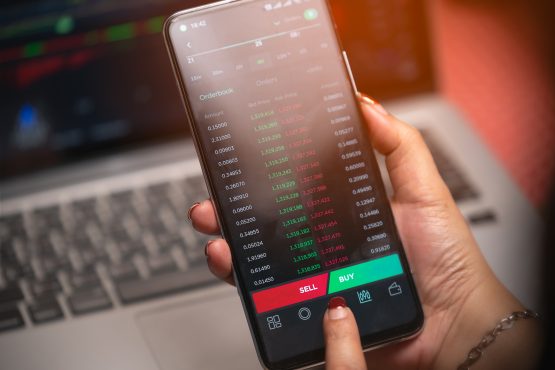FTX contagion hits SA crypto arbitrage market

Several crypto arbitrage providers in SA paused arbitrage services this week after clients started cutting ties with crypto-enabled Silvergate Bank, in the lead up to news that it has filed for voluntary liquidation in the US this week.
There’s some good news in this: the crypto arbitrage premium jumped to 2.4% at one point this week – a more than three-fold leap in premiums compared with two weeks ago – as an estimated R1 billion a month in crypto arbitrage trades were cancelled. The arbitrage premium on Wednesday was about 1.6% before fees.
The arbitrage trade involves buying cryptos in the US and selling them in SA for a profit. Cryptos such as bitcoin (BTC) or US dollar-backed stablecoins like USDC typically trade at a premium in SA, due to foreign currency restrictions that make these assets scarce relative to countries with free currency movement.
SA providers
Crypto arbitrage has become a popular way to make relatively low risk profits for South Africans with access to foreign currency allowances.
“The Silvergate crisis has caused huge upheaval in the arbitrage market, as they were the primary banking partner of Circle, who most arbitrage service providers used as their fiat-to-crypto onramp,” says Kyle Dowie, CEO of of Dooya.
“Circle are no longer accepting any payments made via Silvergate, which has effectively forced many arbitrage companies to discontinue trading, and has resulted in the significant increase seen in the arbitrage premium over the past week.
“Although Dooya did make use of Circle as our fiat-to-crypto onramp, our team has worked tirelessly since the news broke to find an alternative solution for our clients to continue trading. We were able to implement our new solution within a few days, and we are back to business as usual, with our clients enjoying the increased profits while they last.”
Says David Farelo, co-founder of Currency Hub: ”We were not using Circle as a part of our arbitrage service so we have not been affected by Silvergate’s well-publicised issues. For us, it’s pretty much business as usual. In fact the increase in the arbitrage premium over the last week or so has been an excellent time to make profits.”
Circle is the issuer of USDC, a digital dollar known as a stablecoin and the fifth largest crypto with a market cap of $43.5 billion.
Most SA arbitrage providers deposited funds with Silvergate, at which point Circle would use those funds to mint USDC stablecoins.
Harry Scherzer, CEO of Future Forex, says Silvergate and competitor Signature Bank both announced they would disallow third party payments from clients, under pressure from US regulators.
Silvergate’s fall
New York Stock Exchange-listed Silvergate Capital has seen its stock price collapse from a high of $22 in February to $5 this week. Last week the bank warned it would delay publication of its annual report and there were doubts about its status as a going concern. Last week it announced it would discontinue its Silvergate Exchange Network, which allowed clients to make transfers in crypto or US dollars around the clock, disrupting traditional banking which can take days to settle a transaction.
Several other crypto companies have started to distance themselves from Silvergate. Coindesk reports that Coinbase, Circle, Paxos, Crypto.com, Bitstamp, Cboe Digital Markets, Galaxy Digital and Gemini all announced they would suspend automated clearing house (ACH) transfers and other business operations with the bank.
Silvergate styled itself as a crypto-friendly bank, but the collapse of the FTX exchange forced it to sell $5.2 billion in assets in January, booking a loss of $718 million on those sales, in order to shore up its balance sheet and liquidity.
FTX sister company Alameda Research was one of its largest banking customers.

